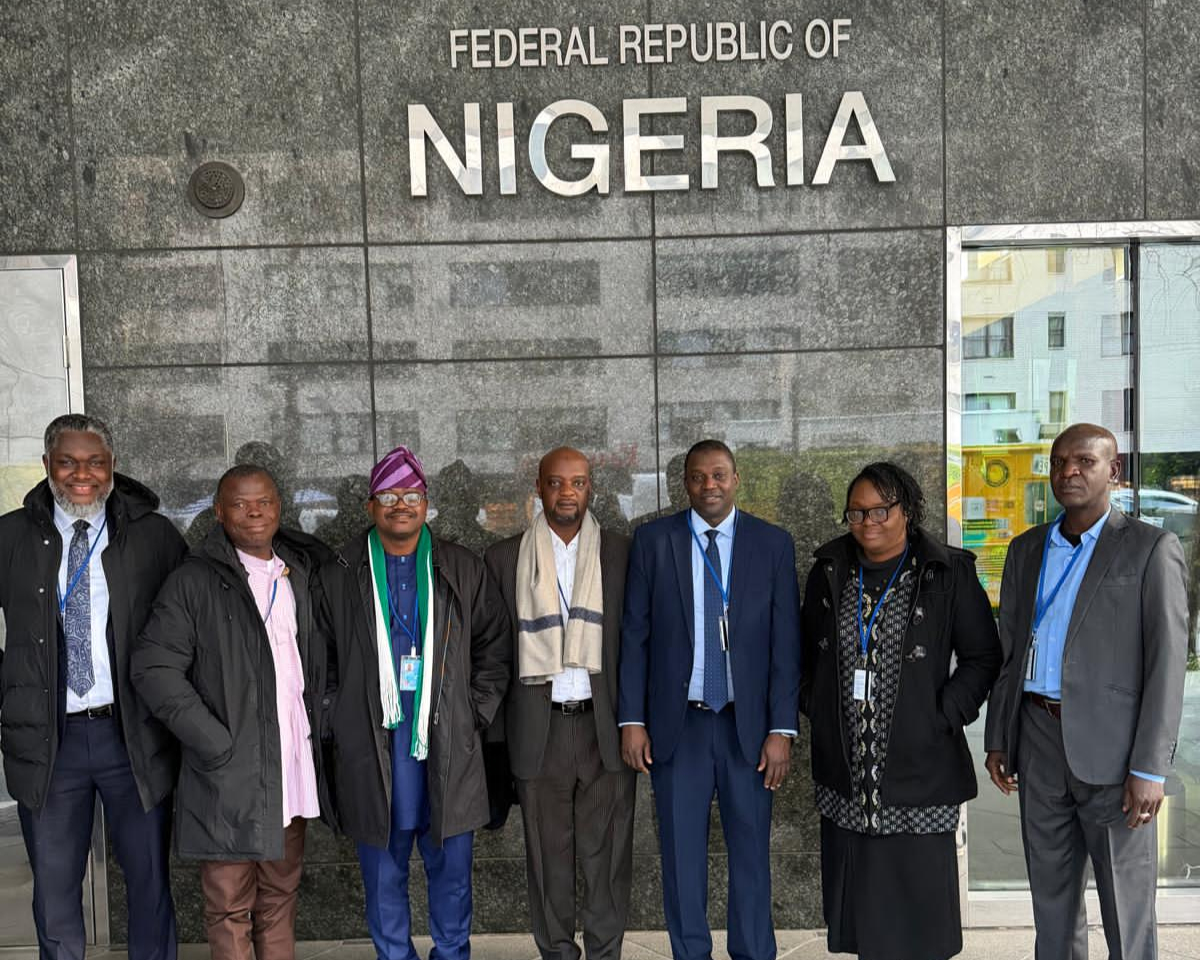
Telecoms body, the Global System for Mobile telecommunication Association (GSMA) has said that taxation and other duty levies are seriously impacting smartphone adoption in Nigeria and sub-Saharan Africa (SSA) as a whole.
Specifically, GSMA said taxation and duty fees add 10 to 30 per cent to the cost of smartphones depending on the country, across Africa.
It stated this in its ‘The Mobile Economy Sub-Saharan Africa (2023)’ report, stressing that this has been affecting device costs, making it out of reach for most people in the region.
According to the body, this was not the only major contributor to high costs, with manufacturing costs remaining unsustainable for low price points in the region.
GSMA said this continues to remain challenging for manufacturers in SSA to produce devices at a low enough price point to gain market share, particularly in the 5G and 4G markets, where devices are expensive for most regional consumers.
It said, “The challenge for manufacturers in Sub-Saharan Africa is to produce devices at a low enough price point to gain market share, particularly in the 5G and 4G markets, where devices remain prohibitively expensive for most regional consumers.
“Along with the manufacturing costs, other costs, such as fees and taxation directly impact the final selling price. As per GSMA Intelligence research, taxation and duty fees add 10–30 per cent to smartphone costs, depending on the country.”
It added that smartphone affordability continued to be a key barrier to mobile Internet usage in the region and slow penetration digitally.
According to the report, about 60 per cent of the population in Africa does not use mobile Internet despite living in areas with coverage.
The telcos association noted that to help address the issue, operators and manufacturers had devised solutions targeting the cost of devices with the average selling price of smartphones, having reduced significantly in recent years.
It noted that this was especially due to an influx of devices priced under $100, mainly from Chinese brands such as Tecno, Itel, and Infinix.
It added, “Alongside the availability of cheaper options, operators are increasingly partnering with device manufacturers to manage costs and offer financing plans to customers.”
On how the regional governments can improve affordability, GSMA stated: “To improve affordability, governments should reconsider these additional fees by offering tax exemptions on low-cost handsets, as is available in Rwanda.
“In addition to reducing the absolute cost of smartphones and supporting an individual’s capacity to pay, providers also need to ensure that devices meet user’s life needs and support users’ willingness to pay.”
The association further highlighted that while on the supply side, factors that impact smartphone costs include manufacturing, inbound and outbound supply chains and business and manufacturer decisions about pricing, the demand side will still determine people’s ability to buy these devices.
It declared, “On the demand side, drivers include people’s ability to pay and their value perception of the device to justify the expenditure, along with awareness levels, community norms, and understanding of the total cost.”
According to Statista, only about 10 to 20 per cent of the Nigerian population owns a smartphone.
Alliance for Affordable Internet estimates the number of Nigerians with access to smartphones at 44 per cent.
However, in its unaudited results for the quarter ended March 31, 2023, MTN stated that it grew its smartphone penetration to 52.7 per cent in the quarter by adding over 804,000 new smartphones to its network.
It said, “In addition, we added over 804k new smartphones to our network in Q1, bringing smartphone penetration to 52.7 per cent.”






